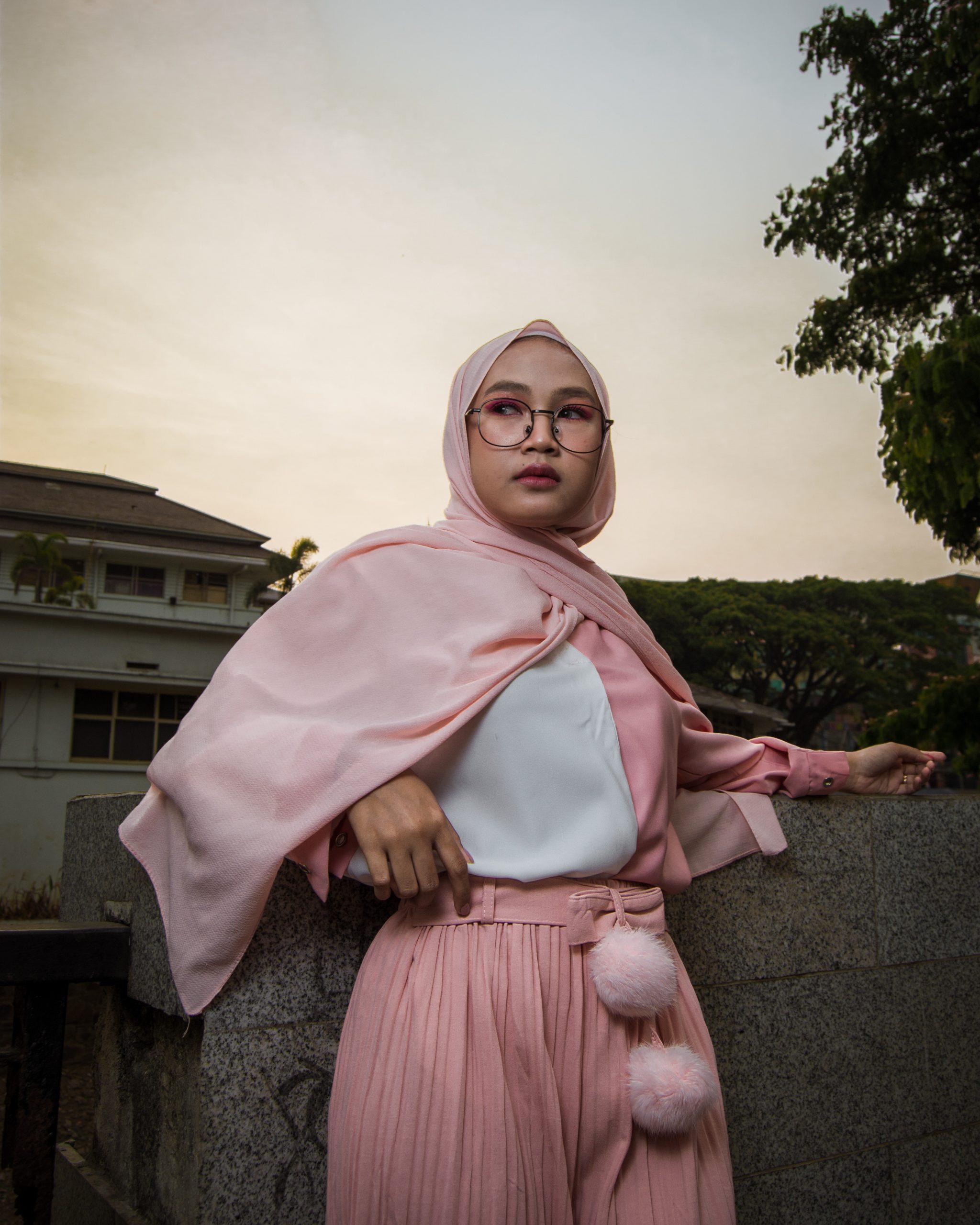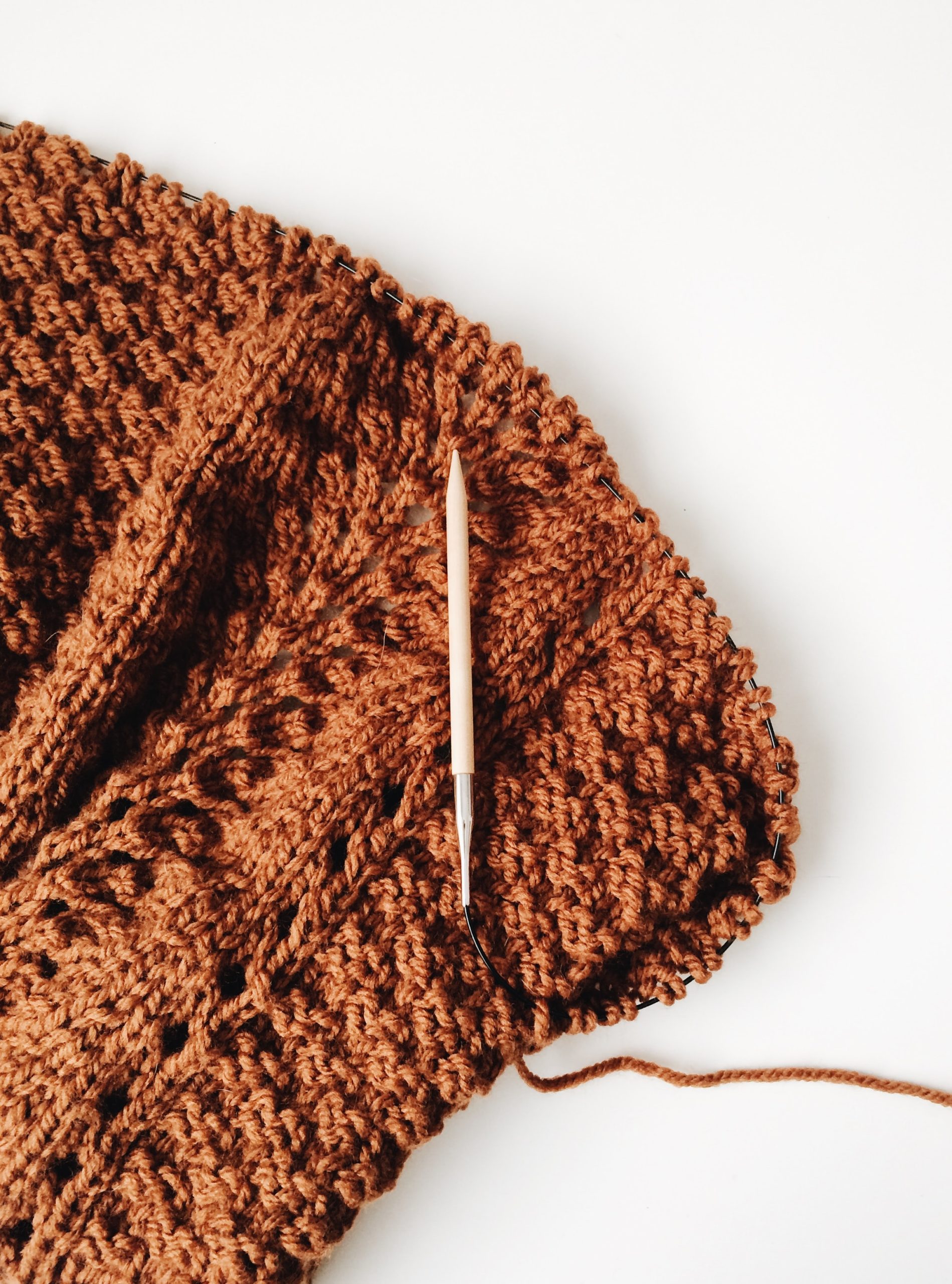Islamophobia is real, it exists in Canada, and we need to take action now.
Two weeks ago, the Salman family went out on a walk in their neighbourhood in London, Ontario. It was a nice evening and many families were out doing the exact same thing. Unlike most of those families, the Salman family never came back home. 20-year-old Nathan Veltman committed an act of terrorism by driving his truck into the family, effectively killing four out of the five family members on a walk that evening, leaving only the 9-year-old behind.
This was incredibly angering and disheartening. Not only for the community of London or Canada, but the Muslim community all across the world. When I heard what happened, it struck me, because this act of islamophobia literally hit so close to home.
After this incident, many people talked about how this was an isolated occurrence of Islamophobia. However, as a visible Muslim who lives in Canada and has my entire life, I know this isn’t true.
I started wearing the hijab when I was thirteen. It was my own choice and I hadn’t even discussed it with my parents before I made the decision. This was because it wasn’t their decision to make, and I wanted to wear it for myself. I continue to wear it for myself to this day. I am proud to be Muslim and I am proud to wear the hijab. My hijab, however, makes me a visible Muslim wherever I go. There are some people who look at me and see this as an act of oppression, and some see me as a target because of what I wear on my head and the faith that I practice.
I have witnessed and experienced many microaggressions and acts of Islamophobia throughout my life, some that were big, and some that were small. Whether it was not being included in a group and seeing other girls laugh and look at my scarf, being told to eat something during Ramadan, or other serious behaviours from teachers or adults with authority.
One of the biggest acts that I had ever experienced was in my 12th grade English class. For context, throughout my high school career, English was one of my best subjects. It was something that I enjoyed, and it was something I excelled at. Even now, I continuously try to improve my writing skills, not because I need to, but because I want to, and because it’s something that I thoroughly enjoy.
Here is where Islamophobia comes in. In 12th grade, I had this one teacher. At the beginning of the semester, I began to notice that she would treat me and other people of colour in the class a little bit differently than the white people in class. I brushed it off because I was so used to being treated that way and I thought that I was imagining things. I decided to enjoy the semester and the subject that I loved so much, and wasn’t going to let anyone ruin my last semester of English in high school. However, as time went on, so did her behaviour.
At the time I didn’t realise that this was an act of islamophobia. This was because I was so used to being treated that way, and I was used to brushing such behaviours off. I had become used to people treating me as less than, because of the colour of my skin and the faith that I practice. I continued to ignore this type of behaviour, including her snide remarks and sideways glances.
The first time I realized that her behaviour wasn’t normal and was targeted towards me, was when we started to read A Thousand Splendid Suns, by Khaled Hosseini. I think that A Thousand Splendid Suns is a great book. I thoroughly enjoyed reading it and it highlights so many important issues that still exist in the culture of Middle Eastern and South Asian countries and societies that we desperately need to fix. However, the main thing to recognize is that these things exist in the culture of these societies, not in the religion. Islam is a religion of peace and it does not allow any form of oppression or subjugation like those that are so clear in this novel. It is clearly written that if you do commit these acts of oppression as a Muslim, it would be a grave sin because it is against our religion. There are some who use Islam as an excuse to act this way, twisting words and verses to suit them, but at the end of the day, this is still false. It is important to realize the difference between Islamic law and the culture of those who practice Islam.
Unfortunately, my teacher did not understand this difference. It was extremely apparent in the way she taught her classes. Throughout the unit, she would spew islamophobic speech. But never said it in a way that made it plainly Islamophobic. It was always subtext, and it was always said with a glance towards me, the only Muslim student in the class. In the beginning of the unit, she so graciously told me in front of the class that if she said anything wrong, I was free to correct her. And so I did. Whenever she said an incorrect fact, I would calmly correct her. But, I quickly realized that she didn’t actually care about my corrections, because she continued to say incorrect things even after I corrected her, and she was only saying that I could correct her so that she could save face.
Throughout her lessons she would say terrible things about Islam and talk about how Islam allowed things like what occured in the novel to happen. Anyone who didn’t practice Islam may not have understood how incorrect she was because her message was so subliminal. But to me, it was so blatant that I was shocked and I didn’t know what to do. I ended up thinking that I was just imagining things and that I shouldn’t worry about it.
When it came time for presentations about the novel, she corrected my pronunciations of the names of the people in the book, even though they are names of people from my own language and I would have known how to pronounce them better than she did. During my presentation, I used correct facts about Islam that she did not use, but stuck to the analysis that she had discussed throughout the term. When I got my grade back, I found that I did perfectly in the presentation, except for my external facts and my pronunciation of words from the book. When I brought this up to my teacher, she said that since this was her class, she was going to grade presentations the way she saw fit. Again, I rationalized this behaviour and thought that I was overreacting.
I only realized that it was Islamophobic months later when one of my non-Muslim friends who was in the class with me told me that she thought what our teacher had said was extremely rude and hateful and that she didn’t know if it was her place to say anything or if she was imagining it, so she never did.
I wish that I had realised this behaviour for what it was. I wish that I had realised it because then, I would have been able to say something about it. But I didn’t realise it, and by the time I did, it had been months later, and there was nothing to be done. Looking back at that experience now, I wish I had realised it and spoken up, because who knows how many other students she had treated that way, whether they were Muslim students, or other people of colour.
The unfortunate truth is, there are so many teachers like this one all across Canada. They treat people of colour and Muslim students like this every single day, and there are so many other students like me who rationalise this behaviour and do not realise that it is not normal or acceptable.
There’s a reason why students don’t realize this. Because we are so used to this behaviour that we think we are either imagining it or that it is normal. Islamophobia exists in Canada and it has existed for a long time, to the point that it has become normalised, whether people realise it or not. This is why we need to have laws protecting people from acts of hatred. Because children are not responsible for having to recognise acts of hatred and speak out against it.
We need anti-islamophobia and anti-hate laws in Canada. We need to make changes so that one day, in the future, Muslim kids will not lay in bed, wide awake, realizing the islamophobic acts committed against them, and realize that it was too late to do anything.




